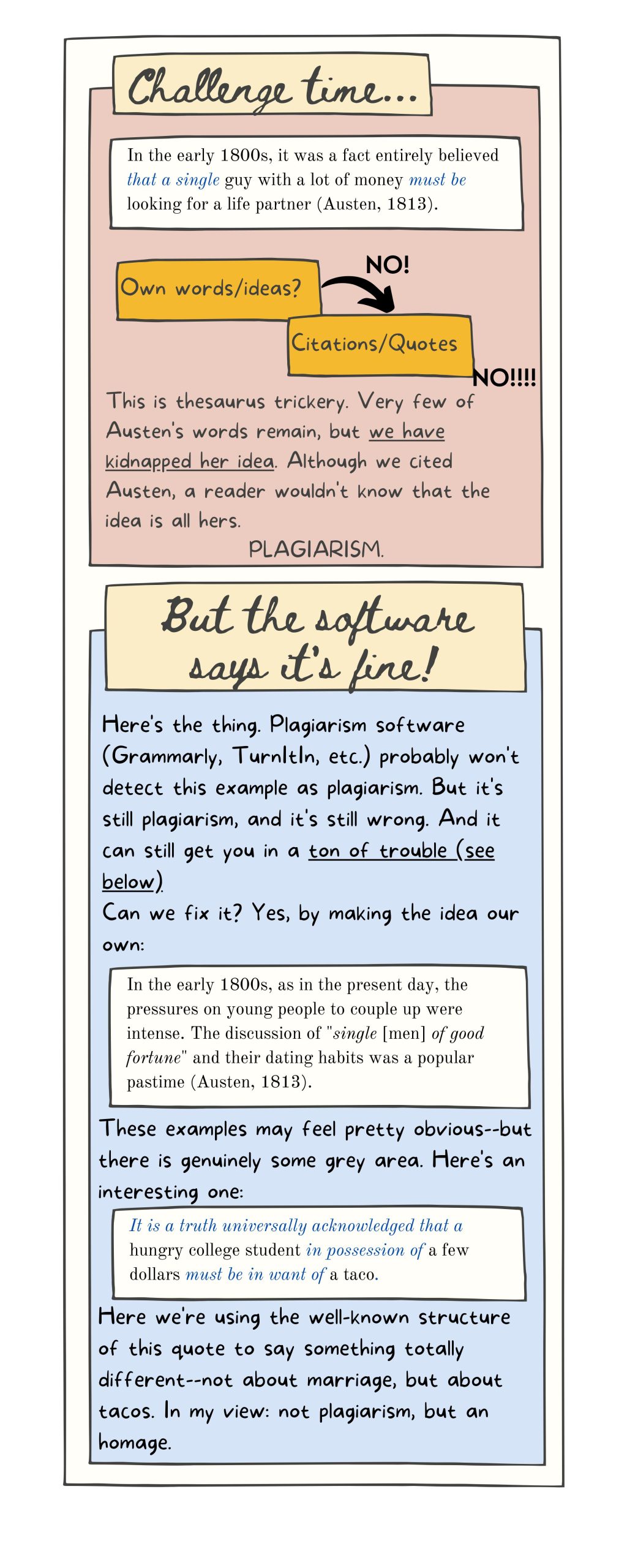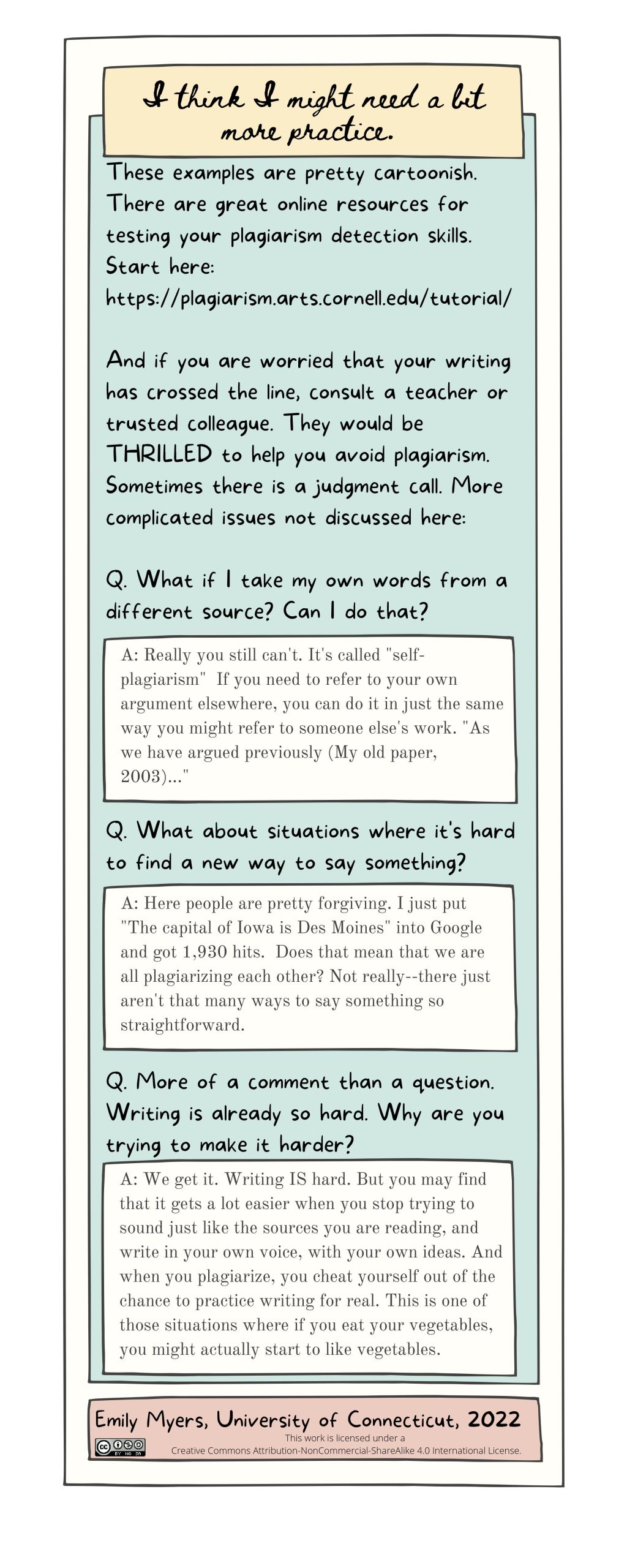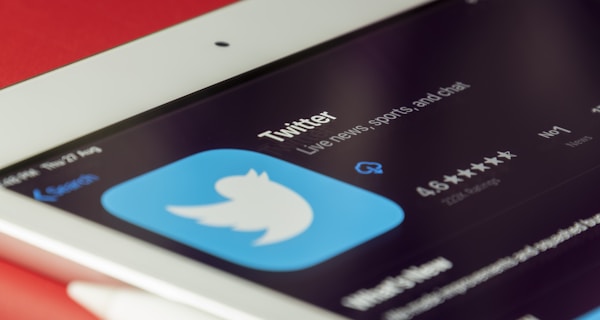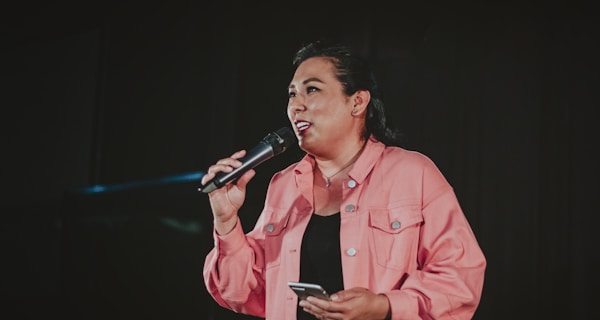Getting the green light when using plagiarism detection software doesn’t mean you haven’t plagiarised.
What does plagiarism really mean?
According to University of Oxford: “Plagiarism is presenting someone else’s work or ideas as your own, with or without their consent, by incorporating it into your work without full acknowledgment.” In other words, it means stealing someone’s words and using them as your own.
Why does plagiarism matter?
Plagiarism is a breach of academic integrity that undermines the entire learning process. Passing off someone else’s work as your own is not only poor scholarship, but it also means that you have not been able to put ideas into your own words. Plagiarism is unethical and can have serious consequences for your future career. That’s why it’s better to put in some extra work and make sure you don’t regret it in the future. You never know what might happen!
According to Emily Myers, an Associate Professor at the University of Connecticut:
Plagiarism detection software (TurnItIn, Grammerly) has led students to believe that if their paper gets greenlit by the software–>no plagiarism. So they tweak plagiarized text word-by-word until it passes. To get ahead of this, I made this infographic: https://t.co/79ToWVcAdP
— Emily Myers (@EMBrains) May 16, 2022
Here’s the infographic she made to help you understand better how not to plagiarise:




























